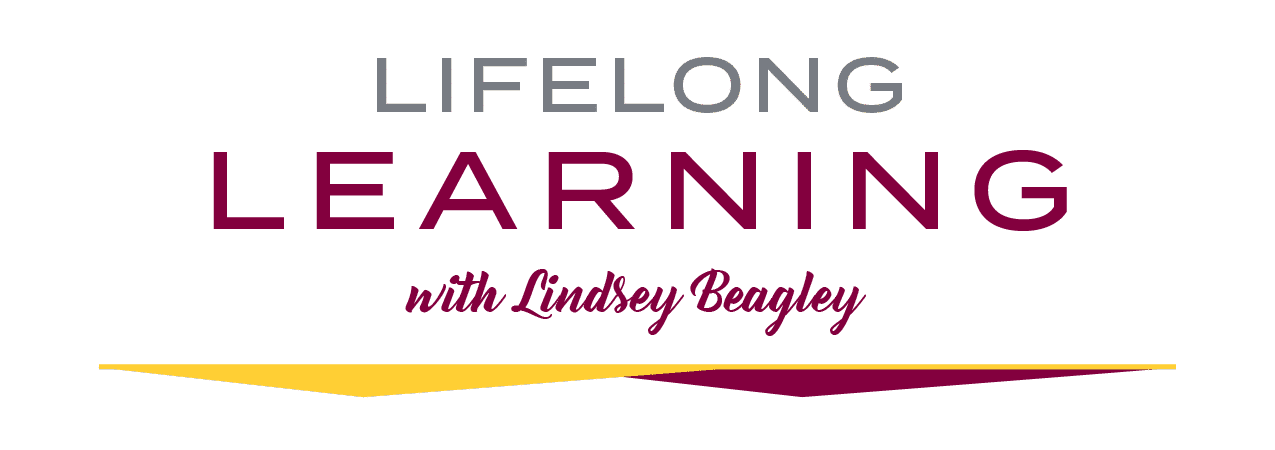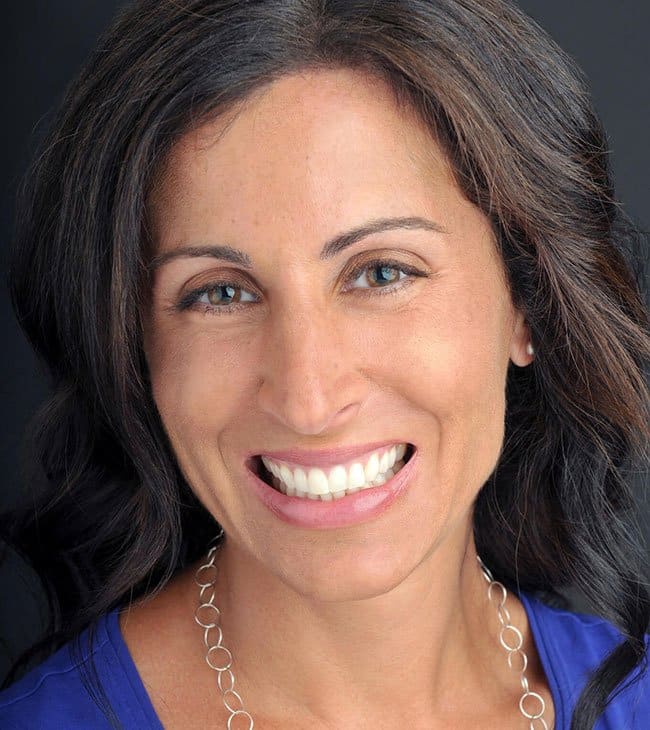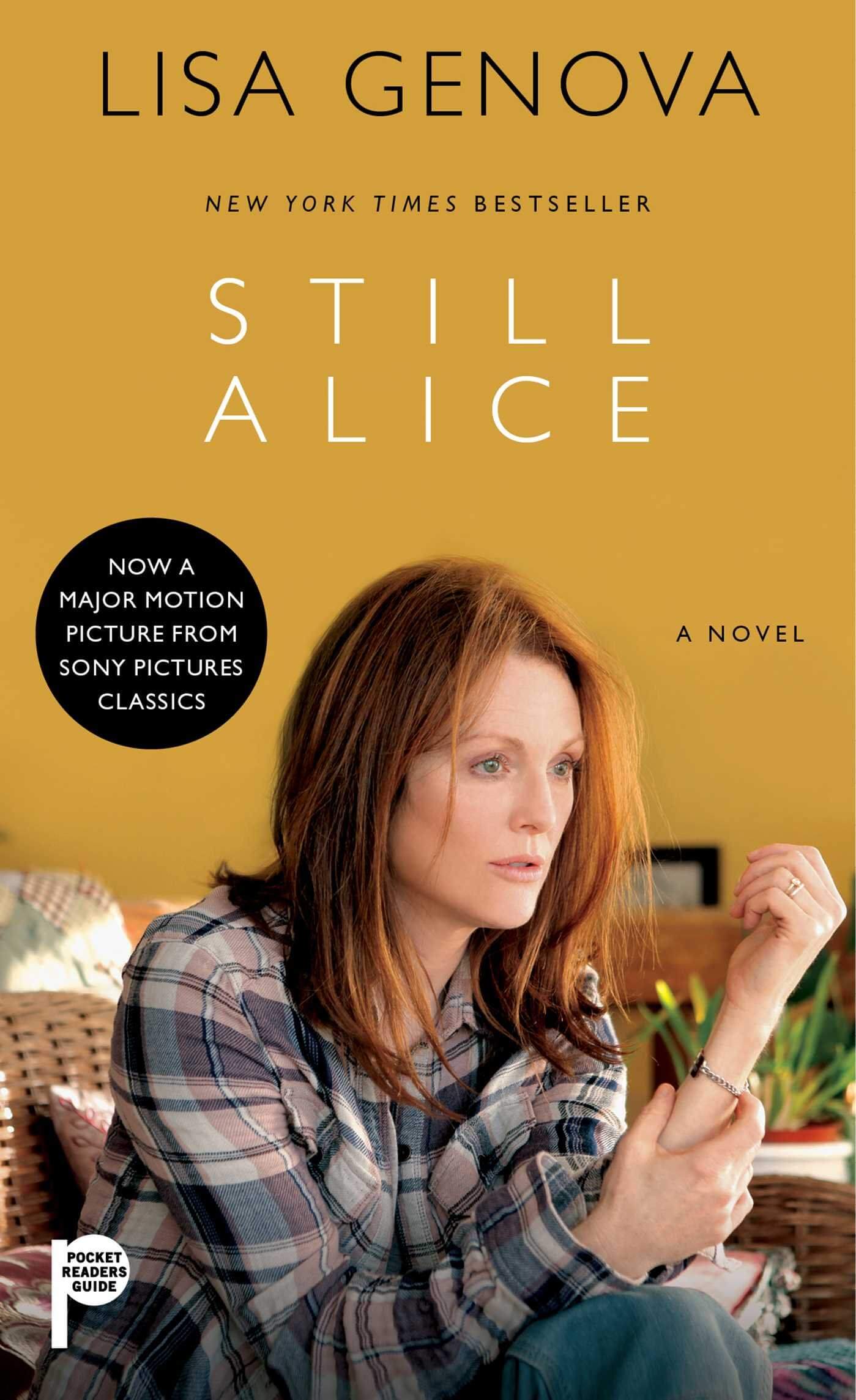Back to School

Back to School for Brain Health
Jan 17, 2022
As the spring 2022 semester kicks off at ASU, learning is top of mind at Mirabella. Dr. Lisa Genova, neuroscientist and author of the book Still Alice, has a TED Talk about how specific types of learning can stave off the symptoms of Alzheimer’s disease, even when the odds are stacked against us.

“We create a cognitive reserve by learning new things. Ideally, we want these new things to be as rich in meaning as possible, recruiting sight and sound and association and emotion. So, this doesn’t really mean doing crossword puzzles. You don’t want to simply retrieve information you’ve already learned because this is like traveling down old familiar streets, cruising neighborhoods you already know. You want to pave new neural roads. Building an Alzheimer’s resistant brain means learning to speak Italian, meeting new friends, reading a book, or listening to a great TED Talk.”
Watch Dr. Genova’s entire Ted Talk “What you can do to prevent Alzheimer’s.”
That’s exactly what Mirabella at ASU lifelong learners are doing as they return to classes for the spring 2022 semester. Campus is a stimulating place to be when students return after the winter break. We have nearly 70 people enrolled in classes—8 of them are taking foreign languages, including Italian, German, Spanish, and American Sign Language. 5 people are taking an astronomy class called Intro to Stars, Galaxies and the Cosmos, and 3 people are taking Fake News: How to identify and refute. Others are taking film courses, including Moviegoers Guide to the Future and American Film Musicals.
They are taking all of these classes alongside students, so they aren’t oversimplified to be entertaining. In most cases, they really take some work!
One resident exclaimed, “Classes aren’t like they used to be. There is a lot of technology to learn. You can’t just sit in the back of the class and listen. You have to engage with the material and all the technology that comes with it.”
Though that’s not necessarily a bad thing. As Dr. Genova explained, this is precisely the kind of learning that produces cognitive resilience. It’s the taxing work of navigating a new learning technology, finding your way to your classroom in an unfamiliar part of campus, or studying for an oral exam in Italian class!
Another resident shared, “I think I would have done really well in school if the material was delivered in this way. We never had these interactive experiences. I think I would have become a biomedical engineer. That wasn’t even offered when I was studying. It was unheard of!”
That’s the beauty of Mirabella at ASU. You get to explore thousands of classes and encounter ideas that are new, engaging, and challenging, all while reinforcing your brain’s health and longevity.
The ASU Engagement Office exists to support residents with everything they need to dive in and experience 21st century university learning. It’s exciting and new, and we are here to support Mirabella learners as they venture into classrooms and online.
